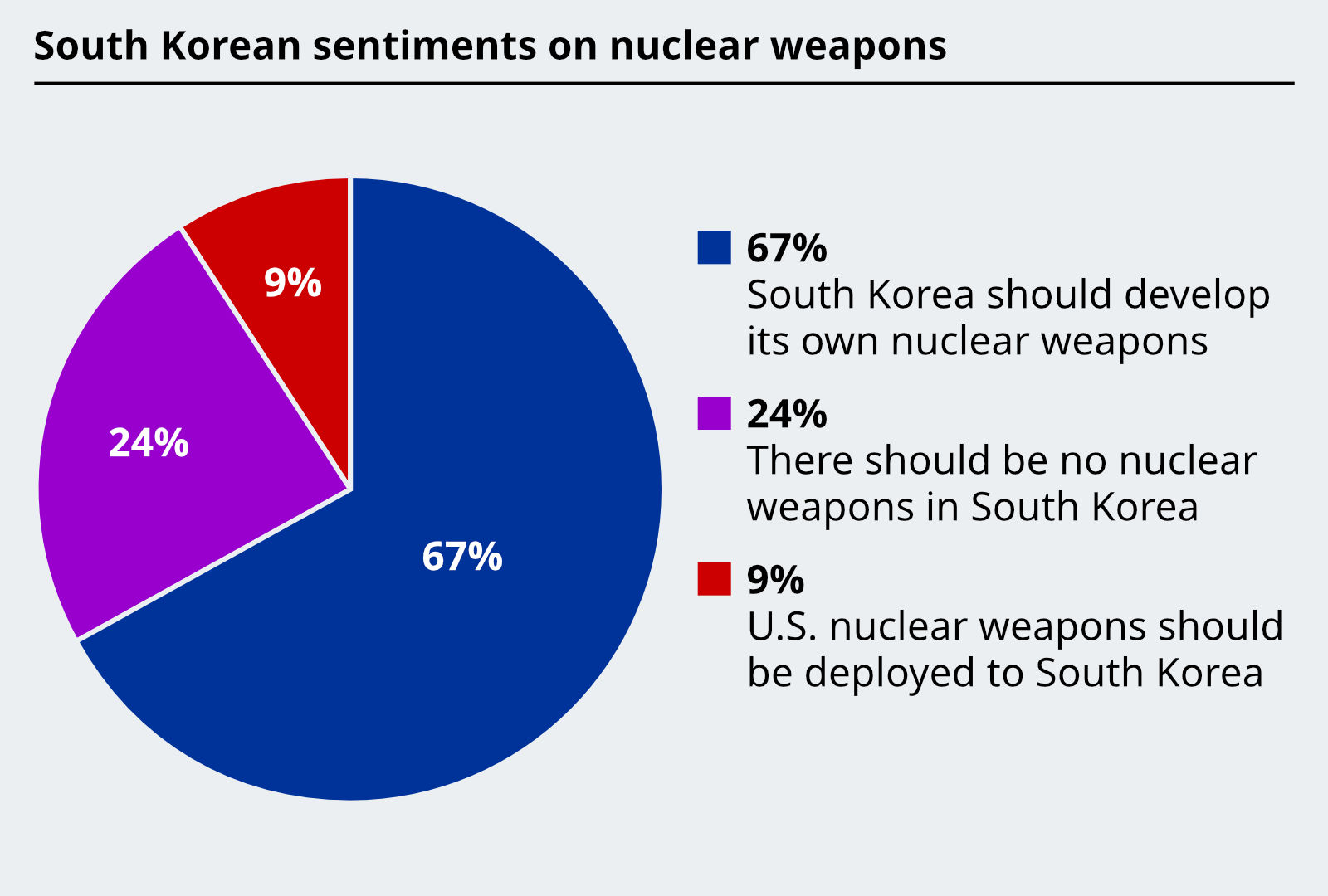| Welcome to the latest issue of Diplomat Brief. This week our top story traces the evolution of Myanmar’s anti-coup movement, from the enthusiastic protests of early 2021 to painfully drawn-out violence in the 12 months since. We also have an interview with Togzhan Kassenova, author of the book “Atomic Steppe,” about Kazakhstan’s complex history of nuclear tests and denuclearization. |
| Story of the week |  | POLITICS Myanmar: From Hopeful Spring to Scorching SummerWhat Happened: The early weeks following Myanmar’s coup were marked by mass protests in major cities – until the military began violently cracking down. Today, peaceful protests in major cities have all but disappeared. Instead, the People’s Defense Forces (PDFs), a motley assortment of militia groups formed by youths fleeing the junta’s suppression, trained and armed by sympathetic ethnic armed organizations (EAOs) and nominally loyal to the parallel National Unity Government (NUG), are now taking the fight to the regime. Our Focus: Members of the PDFs argue that they have no choice but to turn to violent methods to depose Senior General Min Aung Hlaing and his junta. However, as Myanmar-based analyst Naw Theresa writes for The Diplomat, the rapid spread of self-organized, often at least semi-autonomous armed militia groups has worrying implications. Accusations of attacks on civilians by the PDFs “highlight the NUG’s difficulties in effectively controlling PDF units and guiding their overall strategy… Firebrand supporters have expressed flexible views with not just the ends justifying the means but also intentions absolving outcomes, including blaming victims for the increasing collateral toll.” As the battle lines harden, the humanitarian disaster worsens, with more and more of Myanmar’s people facing either direct violence or the more mundane, if equally devastating, threat of poverty, hunger, and lack of medical care. What Comes Next: The future, unfortunately, looks bleak. As Naw writes, “Judging by social media sentiments, de-escalation and negotiations appear impossible at present.” Both the NUG and the junta have refused the very idea of holding talks. “The previous 12 months have arguably been among the most tumultuous in Myanmar’s modern history,” Naw says. “Regardless of who actually ‘wins’ this senseless conflict, at no matter how short an interval, the people of Myanmar will be paying for the events of 2021 for generations to come.” Read this story |
| Behind the News | INTERVIEW Togzhan KassenovaTogzhan Kassenova, a senior fellow at the University at Albany, SUNY and author of the book “Atomic Steppe,” on Kazakhstan’s denuclearization choice: “Kazakhstan’s case shows that countries can see nuclear programs as a liability for their security rather than a benefit. The early calculations and decisions of the Kazakh leadership to choose a non-nuclear path and enter the international community on good terms and with full access to investment, markets, and institutions, laid the foundation for Kazakhstan’s statehood. Kazakhstan’s case shows that we shouldn’t take as a given that nuclear weapons automatically mean more security.” Read the interview |
| This Week in Asia | Northeast Asia When Will North Korea Restart Missile Tests?The Beijing 2022 Winter Olympics drew to a close on February 20. That, in turn, might mark the opening of another round of North Korean missile tests. After a frenetic January, Pyongyang refrained from launching a single missile in February, likely out of deference to its ally’s wish not to see the Beijing Olympics overshadowed by a Korean Peninsula crisis. But with important anniversaries looming and North Korea signaling an unswerving dedication to improving its military tech, it’s a question of when, not if, missile tests will resume. Find out more | South Asia Pakistan’s Prime Minister Heads to RussiaPakistan’s Prime Minister Imran Khan arrives in Russia on Wednesday, in the first such visit since 1999. While the trip was supposed to signal growing closeness in Pakistan-Russia ties, part of a longer-term trend, Russia’s decision to send troops into Ukraine just a few days prior cast an undeniable shadow over Khan’s diplomacy. Find out more | Southeast Asia ICJ Holds Hearings on Rohingya Genocide CaseOn Monday, the International Court of Justice resumed a case accusing Myanmar of committing genocide against the Rohingya. The ICJ is holding hearings to address the long list of preliminary objections filed by Myanmar’s civilian government in January 2021, just 10 days before the military’s coup d’état. Controversially, Myanmar’s military junta has been allowed to represent the country at the ICJ, which some argue is tantamount to recognizing the military regime. Find out more | Central Asia Putin, Statehood, and the Former Soviet UnionMuch of the world is nervously watching Ukraine, with Russian President Vladimir Putin questioning its existence as a state in an unhinged speech days ago. Ukraine is a bit outside our remit here at The Diplomat, but Central Asia is certainly watching what happens in Ukraine. Back in 2014 Putin said something very similar about the non-existence of a Kazakh state prior to 1991. Find out more |
| Visualizing APAC |  | A new survey finds 67% of South Koreans in favor of their country developing its own nuclear weapons. See the full picture |
| Word of the Week | SOCIETY Chiến tranh biên giớiLiterally “the border war” in Vietnamese, the term is used to refer to the 1979 conflict between China and Vietnam. Find out more |
|  |




